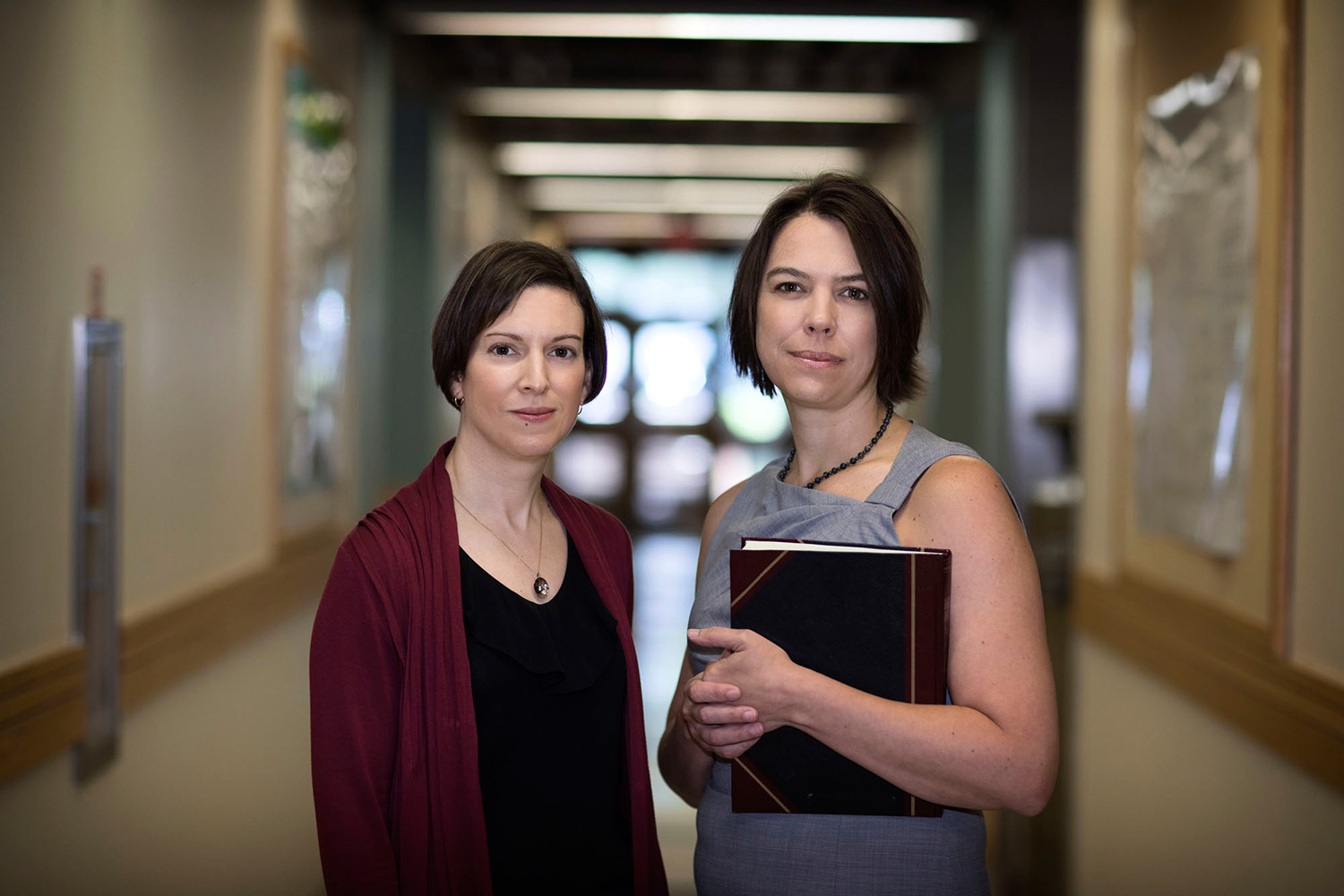The University of Virginia’s new Global Infectious Diseases Institute recently held its first working meeting, which brought together its discipline-diverse membership to discuss ways to tackle some of the biggest health issues and problems facing society worldwide.
During the symposium, institute director Alison Criss, a microbiology professor, announced a call for proposals for collaborative research seed and planning grants. Projects funded under those grants will bring together multiple UVA researchers as teams to answer pressing challenges in the realm of global infectious diseases, using multi-disciplinary approaches that could not be accomplished by individual investigators.
“The goal is to develop projects that will be highly competitive for obtaining substantial external funding, and that will provide real solutions to serious global infectious challenges,” Criss said. “The research should be transformative and differentiating for the University.”
Grant-winning teams will be composed of researchers in disciplines including the basic sciences, medical clinicians, computational modelers, and social science and policy investigators. Research seed grants, in the amount of $100,000 each, will support the efforts of newly established teams to gain preliminary data that could encourage major multi-year external funding. Additionally, “Proposal Planning Grants” of $50,000 each will go to teams that already have gathered preliminary data and are prepared to begin submitting multi-investigator, multi-year proposals for high-level external funding.
Criss asked institute members to submit their seed grant proposals by Jan. 15, with awardees to be announced March 15. The planning grant proposals are due by March 1, with recipients to be announced May 1.
Meeting participants formed into groups at separate tables to discuss scenarios for handling emerging global infectious disease challenges. Challenges included: identifying ways to predict pandemic threats that may be associated with trade along China’s planned “New Silk Road”; stemming outbreaks of a drug-resistant diarrheal disease in Sierra Leone; controlling outbreaks of infectious disease in nursing facilities; and stopping the spread of antibiotic-resistant pathogen strains.

“We challenged each other to think beyond our own areas of expertise and to bridge the terminology divide between our many disciplines,” said Linda Columbus, a chemistry professor and the associate director of the Global Infectious Diseases Institute, “and we encouraged ourselves to have fun getting to know each other as we together approach solutions to highly challenging, big-picture global health issues.”
UVA established the institute in July. It currently includes 106 members from eight schools, and anyone interested is invited to join. It operates on $2 million in University-provided seed funding, and is one of four institutes created by the University in the last few years, each designed to address major societal challenges.
The intent of the Global Infectious Diseases Institute is to stimulate and facilitate trans-disciplinary activities across Grounds in global infectious diseases research, scholarship and education. The institute is working to establish and further partnerships beyond the University, including internationally, with these efforts focused on obtaining large external grants. It is initially focusing on possible pandemics, diarrheal diseases affecting children, and drug-resistant pathogens.
“It was inspiring to see how researchers from different departments across Grounds engaged with each other at the retreat,” Criss said. “The participants were enthusiastic for the scenarios we presented and the opportunity to learn about each others’ research interests. The institute is now developing ways to help turn the connections made at the retreat into new collaborations and opportunities for seed grants. I’m excited to see how these projects develop.”
Media Contact
Article Information
November 7, 2017
/content/global-infectious-diseases-institute-poised-move-forward-after-first-meeting

